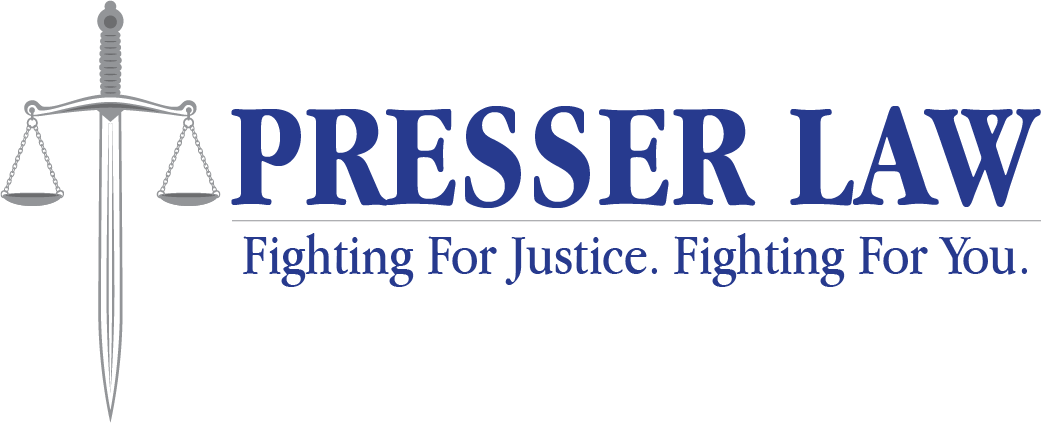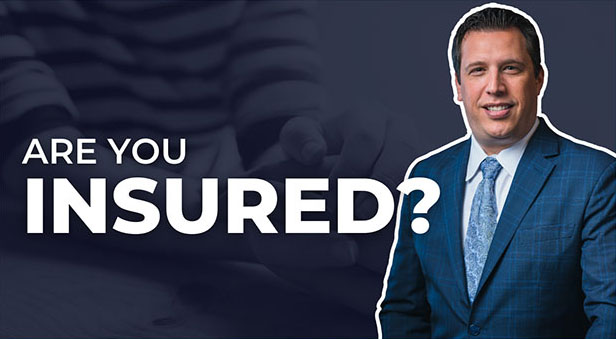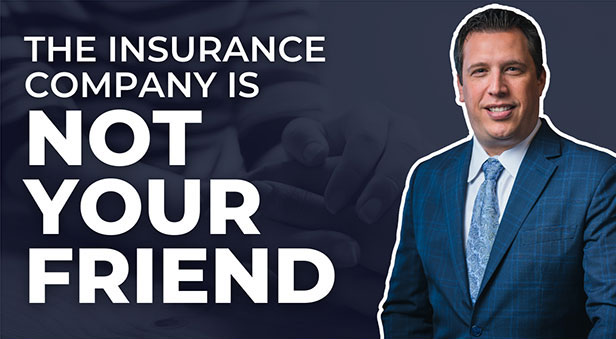Estate Planning Lawyer

The following is a brief overview of some of the terms you may hear while working on your estate from an estate planning lawyer.
Beneficiary
A beneficiary is a person that a decedent has chosen to receive some or all of their assets upon their death. By choosing beneficiaries, you maintain control over how your estate will be divided. It is also important to update beneficiaries if there are any life events, such as marriage, divorce, or the birth of a child. Failure to do so could result in someone you did not want inheriting your assets.
For example, say you have your spouse as the beneficiary on your life insurance policy. At some point, you and your spouse divorce and you end up getting remarried a couple of years later. But you never changed your life insurance beneficiary. If you died, your ex-spouse – not your current spouse – would still receive the proceeds of that policy.
There are many types of assets besides life insurance policies that require the owner of the asset to choose a beneficiary designation, such as annuity and retirement accounts. If one is not chosen and the person dies, then the proceeds are paid to the estate. If you have a will, then however you designated division of assets, those proceeds will be included. If you do not have a will and died intestate, then the court will decide based on your state’s intestacy laws how the proceeds and the rest of the estate will be divided.
Conservator
When an individual, either a minor or an adult, is unable to properly manage their finances, then the courts may appoint someone to be a conservator. A conservator could be necessary for a minor if they inherit money but they are not of legal age to oversee these funds. An adult may need a conservator because they have suffered a disability that leaves them unable to oversee their own financial affairs. A conservator can be a family member or other entity that the court sees fit to award conservatorship to. In order to avoid the necessity of a conservatorship, an adult could appoint a trusted person as a durable power of attorney and include that in their estate plan before they become incapacitated.
Guardian
A guardian is a person who is appointed by the courts to address the health and care of a minor when their parents are not alive or are unable to address those needs themselves. A guardian can also be appointed to address the health and care of an adult who has become incapacitated. The guardian has the responsibility of making sure the child or adult they are responsible for has proper food, housing, health care, medical attention, and other needs.






